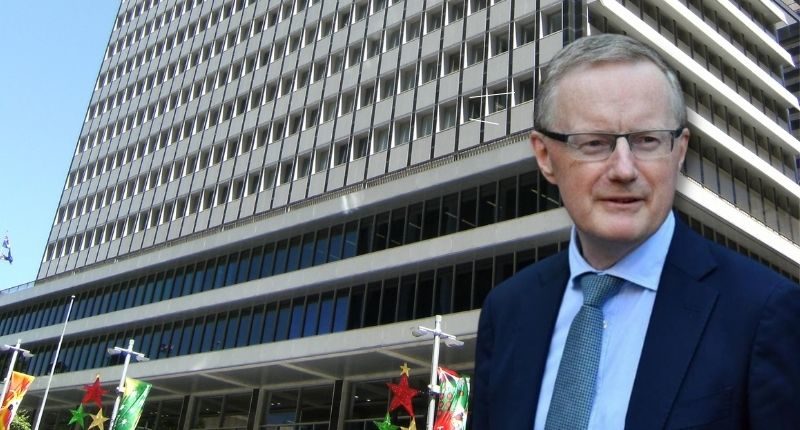
- The cash rate will remain at record low level of 0.1%
- Economy "should bounce back", says RBA Governor
- Reiterated the rate won't increase until 2024
It’s the first Tuesday of the month, so it’s the day the Reserve Bank of Australia (RBA) meets to decide the nation’s central cash (interest) rate, from which all other interest rates take their cue.
No surprises today, they have remained true to their word and kept the central cash rate at its record low level of 0.1%; where it has been since November last year.
The news comes as there is a high probability of a negative (September) quarter of economic growth due to ongoing lockdowns. This is despite GDP increasing during the June quarter, albeit by 0.1%.
“Prior to the Delta outbreak, the Australian economy had considerable momentum,” explained RBA Governor Philip Lowe.
“The recovery in the Australian economy has, however, been interrupted by the Delta outbreak and the associated restrictions on activity.
“GDP is expected to decline materially in the September quarter and the unemployment rate will move higher over coming months.
Philip Lowe, RBA Governor
“While the outbreak is affecting most parts of the economy, the impact is uneven, with some areas facing very difficult conditions while others are continuing to grow strongly.”
Dr Lowe added that as vaccination rates increase and restrictions are eased, the economy “should bounce back”.
“There is, however, uncertainty about the timing and pace of this bounce-back and it is likely to be slower than that earlier in the year. Much will depend on the health situation and the easing of restrictions on activity.”
While there has been a slowdown in house prices, prices are still growing and Sydney, in particular, is still recording strong auction clearance rates. Dr Lowe noted that turnover in some markets has declined, such as in Melbourne, but noted strong demand for credit nonetheless.
“Housing credit growth has picked up due to stronger demand for credit by both owner-occupiers and investors,” he added.
“Given the environment of rising housing prices and low interest rates, the Bank is monitoring trends in housing borrowing carefully and it is important that lending standards are maintained.”
Dr Lowe concluded his remarks by referring to the central bank’s position on not changing its monetary stance until full employment and the inflation target of 2% to 3% is reached.
“The central scenario for the economy is that this condition will not be met before 2024.
“Meeting this condition will require the labour market to be tight enough to generate wages growth that is materially higher than it is currently.”







